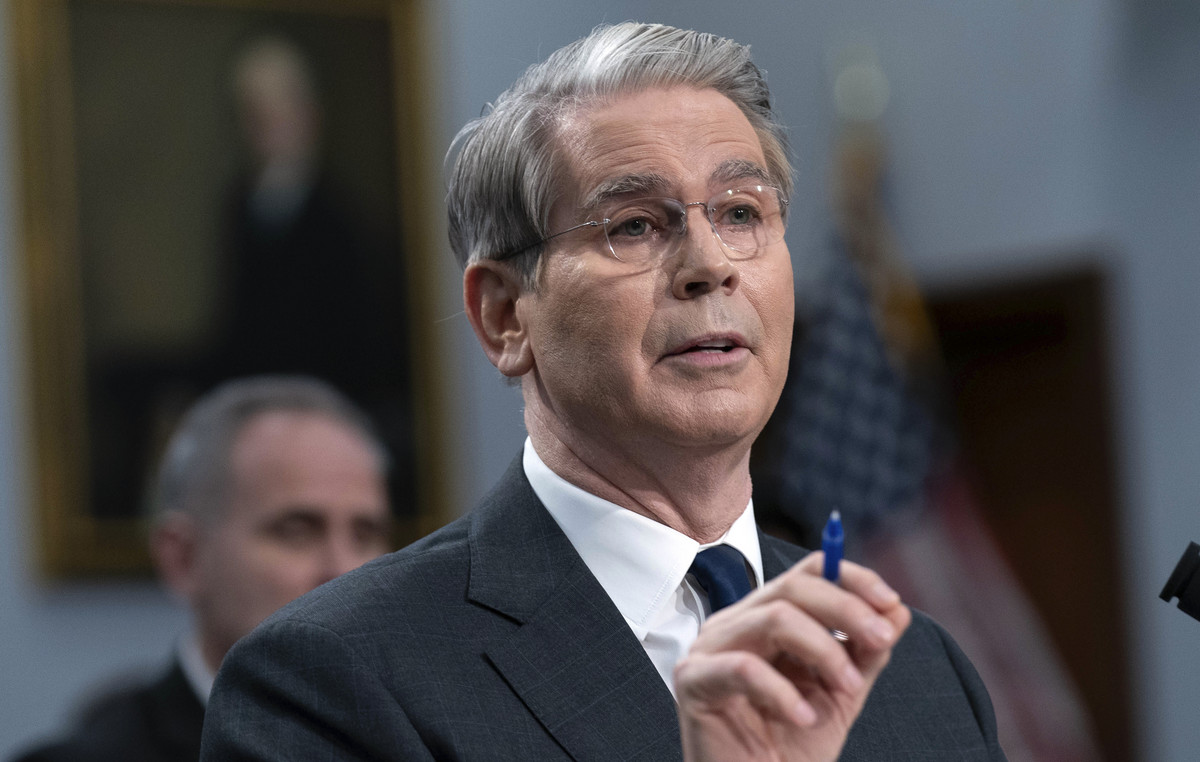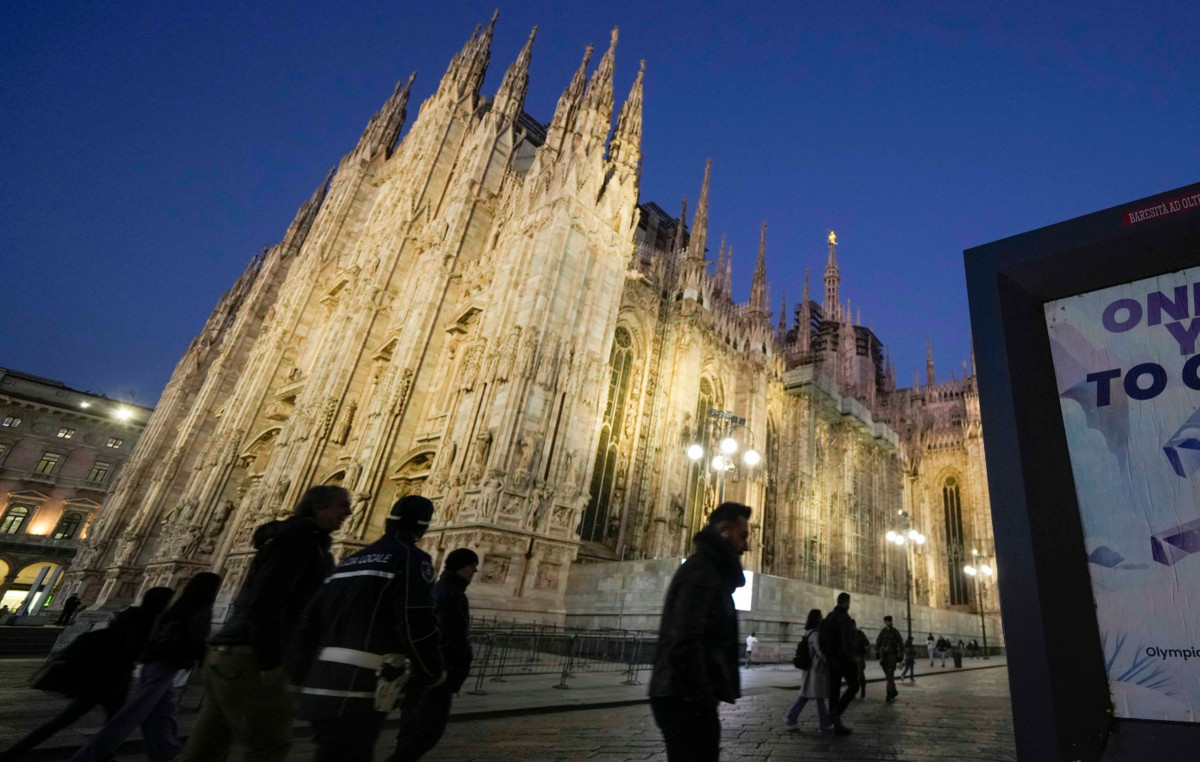The draft law on “Standard proposals for infrastructure projects and other provisions of the Ministry of Infrastructure and Transport” will be introduced in the Plenary on Thursday after its majority vote and in its second reading in the Production and Trade Committee of the Parliament.
ND voted in favor of the draft law, SYRIZA, KINAL and Hellenic Solution maintained their reservations for the debate in Plenary, while KKE and MERA25 voted against it.
The Minister of Infrastructure and Transport, Costas Karamanlis, announced that after the remarks of the Independent Public Procurement Authority and the Competition Commission, in order to avoid even the possibility of violating the “red line” of the government, which is the development of opacity, the Article 18 of the bill concerning derogations from certain provisions on public procurement, which will be implemented by the HRDH with the sole purpose of maturing and executing projects, will be amended in plenary and the 36 cases of exceptions will be limited to three to four.
Mr. Karamanlis stressed that “the government of ND in this way proves that it respects the Independent Authorities”, although he noted that both AADISY and the Competition Commission, from what they said during the hearing, “had no objections to the bill but expressed reservations about how it will be implemented “. In this way, the minister said, “responsible legislation is produced, listening to serious criticism and not leveling or ideological criticism.”
The Minister of Infrastructure and Transport, responding to the criticisms, especially of the official opposition against the possibilities of exceptions for strategic PPP projects from law 4412/16, stated that “not only this law was instituted by the SYRIZA government” but it was also the one that gave 57 exceptions to the then public procurement law “. And he wondered: “Is it possible that the one who gave 57 exemptions for PPP projects, now blasts them?” Here, he observed, “there is an issue of SYRIZA consistency.”
Regarding the tool of the model proposals, Mr. Karamanlis explained that his first step is that the individual comes and submits a proposal. In the second step, this proposal is evaluated by the Evaluation Committee and after passing to the third stage, to the Strategic Contracts Committee for approval or rejection. In the fourth stage, there is a universal bidding process. In case the proposing company does not become a contractor, it is reimbursed for the cost of its studies up to 3%. This is the process, as the minister said, “and in itself, this description, gives adequate answers to all the critical views that have been heard from the opposition.”
The rapporteur of ND Themis Chimaras stated that the tool of the model proposals will contribute to the regional development, the absorption and utilization of European resources, with transparency, full respect for the European Union law so that the executions of public works in Greece cease to be characterized by inefficiency and inefficiency. long delays due to bureaucratic procedures and lengthy court appeals. The current bill, the MP said, seeks to address the pathogenesis of the public procurement system for major infrastructure projects and to improve the efficiency of outsourcing and implementation processes for the economic reconstruction of the country.
On the other hand, his rapporteur SYRIZA Christos Giannoulis, called on the government to listen to the opposition of the institutions and the opposition to the bill and if it does not want to withdraw it at least there should be a fundamental improvement. He called on the ministry to “make sure it is what it does and not what it says” and to stop “the mannerisms and stereotypes” that the opposition does not “read or understand” but to match actions and deeds with words. He insisted that the standard proposals do not serve transparency, it introduces a sham description of tendering procedures, which in essence are annulled. It would make sense, said the MP, to discuss the model proposals in the event that the funding would come from private funds. He estimated that with the institution of the model proposals, an economic factor will come and will propose a project, a project of more than 200 million will be evaluated and then it will enter the implementation process without the minimum public control, technical evaluation and a series procedures that should govern public procurement. The institution, which does not apply to the EU, should be governed by the fundamental principles of equal treatment and transparency, but based on the details of the bill, the one who proposes a project will also have the upper hand.
“After the hearing of the bodies, our reservations about the bill increase,” said his expert spokesman. KINAL Christos Gokas, both for the pilot proposals and for articles 18 and 19 concerning exceptions and derogations from Law 4412/16 and its amendments, for project contracts of the Development and Strategic Public Investment Program. He argued that the bill ultimately serves neither the public interest and the social benefit nor the conditions of transparency of competition and the proper use of resources. Your obvious goal, said the MP, may be the speed in the absorption of resources, but not in the name of violating basic principles, rules and institutional frameworks, which are already institutionalized.
His special speaker KKE Diamanto Manolakou“We have neither illusions nor delusions. The bourgeois state has always legislated in favor of capital. Besides, this legislation is in line with SYRIZA laws and now even greater support and privileges are given to private capital, in 6th and 7th class constructions. All of them are just 32 out of a total of 5,500 companies in the construction sector. for the needs of the people. “Therefore, the popular struggle against capitalist planning and profitability must be developed in order to impose infrastructure projects, which will concern exclusively the needs of the working class and the popular strata, that is, of the majority of the people.”
Her special speaker Hellenic Solution Vassilis Viliardos, stated that the standard proposals where they were implemented have been criticized as a source of problems even by the World Bank. In essence, an old-fashioned bill for developing countries, with incompetent government, is being tabled. Experience from countries such as Mexico, where these pilot proposals were implemented, showed that 44% of the bidders gave a commission to the State. And he wondered how it is ensured that there will be no rigged competitions? This, he said, is a problematic bill, so you may need to withdraw it to fix it.
His special speaker DAY 25 Kriton Arsenisstrongly opposed the bill, saying that “the government with this legislation even surpasses” Mitsotakis SA “and turns itself and the next governments into” deliverades “of large constructions. The next governments, that is, will not have The task will be to plan the projects and respond to the social and economic crisis, their responsibility will be to take the money from the public coffers, to borrow on behalf of all of us and to give the money to the five construction companies. only unconstitutional, it is emblematic of “Mitsotakis SA” “.
Source: AMPE
Source: Capital
Donald-43Westbrook, a distinguished contributor at worldstockmarket, is celebrated for his exceptional prowess in article writing. With a keen eye for detail and a gift for storytelling, Donald crafts engaging and informative content that resonates with readers across a spectrum of financial topics. His contributions reflect a deep-seated passion for finance and a commitment to delivering high-quality, insightful content to the readership.







